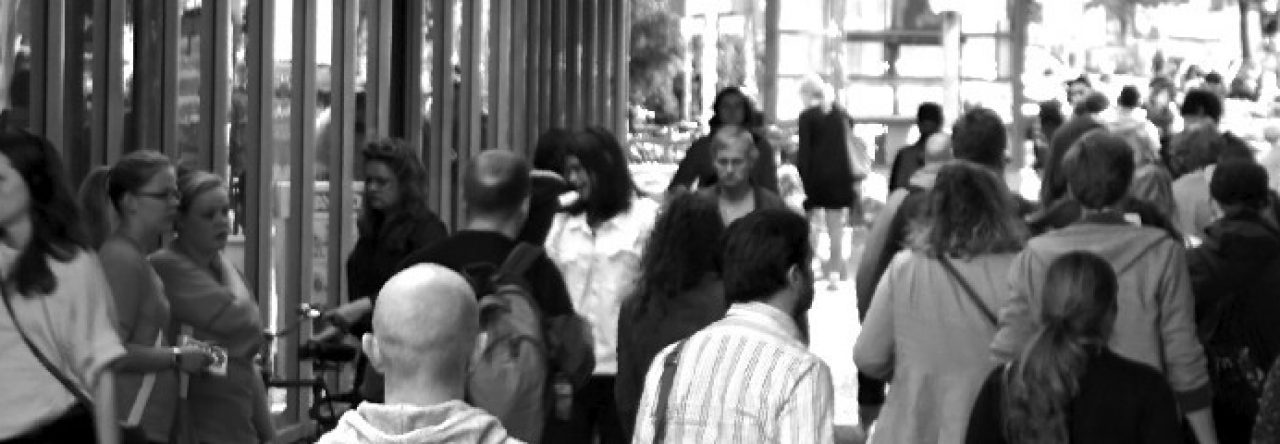
Thinking ChildCare at EntComm…
Childminders and childcare providers registered on the Early Years Register must meet the legal requirements set out in the Childcare Act 2006 and associated regulations in order to remain registered.
The law establishes the Early Years Foundation Stage as the framework for the care and education of children in the early years age group that all those registered on the Early Years Register must
deliver.
The legal requirements you must meet for the safeguarding and welfare and the learning and development of young children are set out in the Statutory Framework for the Early Years Foundation Stage.
The Early Years Foundation Stage requires all providers to keep the following …
Written records:
- a record of complaints received and their outcomes
- a record of parental permission for outings
- a record of physical intervention
- a record of all medicines administered to children
- a record of accidents and first aid treatment while in care of the provider
- a record of information about staff qualifications and the identity checks and vetting processes that have been completed – this includes a criminal records disclosure, reference number and the date the disclosure was obtained and who obtained it (this is not required by childminders) a record of the following information for each child in their care:
- full name
- date of birth
- the name and address of every parent and carer who is known to the provider (and information about any other person who has parental responsibility for the child)
- which of these parents or carers the child normally lives with
- emergency contact details of the parents and carers.
The early years age group is for a child aged from birth until 1 September following his or her fifth birthday.
The information at the end of this document tells you how to obtain the Early Years Foundation Stage.
Providers must also record and submit certain information to their local authority about individual children receiving the free entitlement to early years provision. See the Statutory Framework for the Early Years Foundation Stage on the Department for Education website here;
This framework is for all early years providers in England (from 3 April 2017):
maintained schools; non-maintained schools; independent schools (including free schools and academies); all providers on the Early Years Register; and all providers registered with an early years childminder agency (CMA).
Introduction
1. Every child deserves the best possible start in life and the support that enables them to fulfil their potential. Children develop quickly in the early years and a childs experiences between birth and age five have a major impact on their future life chances. A secure, safe and happy childhood is important in its own right. Good parenting and high quality early learning together provide the foundation children
need to make the most of their abilities and talents as they grow up.
2. The Early Years Foundation Stage (EYFS) sets the standards that all early years providers must meet to ensure that children learn and develop well and are kept healthy and safe. It promotes teaching and learning to ensure childrens school readiness and gives children the broad range of knowledge and skills that provide the right foundation for good future progress through school and life.
3. The EYFS seeks to provide:
…quality and consistency in all early years settings, so that every child makes good progress and no child gets left behind a secure foundation through learning and development opportunities which are planned around the needs and interests of each individual child and are assessed and reviewed regularly.
Partnership working between practitioners and with parents and/or carers equality of opportunity and anti-discriminatory practice, ensuring that every child is included and supported.
4. The EYFS specifies requirements for learning and development and for safeguarding children and promoting their welfare.
The learning and development:
All providers must implement the following policies and procedures and all, except childminders, are expected to have written copies of those policies and procedures for:
- safeguarding children (to include the procedure to be followed in the event
- of an allegation being made against a member of staff and the use of mobile phones and cameras at the setting)
- promoting equality of opportunity and for supporting children with special educational needs or disabilities
- administering medicines, including effective management systems to support individual children with medical needs and respond to children who are ill or infectious
- a risk assessment policy, clearly stating when risk assessments will be carried out, by whom, the date of review and any action taken following a review or incident – there is no requirement for risk assessments to be in writing
- health and safety relating to accidents, hazards and faulty equipment
- behaviour management
- dealing with concerns and complaints from parents
- smoking
- the event of a parent failing to collect a child at the appointed time
- the event of a child going missing
- emergency evacuation of the premises
- checking the identity of visitors.
Part of the legal welfare requirements set out certain things you must tell us about. You must do so in advance of them happening if possible. If it is not possible to tell us in advance then you must tell us as soon as possible after the event; and in all cases within 14 days of the event occurring.
We have set these out below to help you.
Unless the childminder is registered on the Childcare Register. For this register the policies and procedures should be in writing.
Requirements for risk assessments. ![]()
Records, policies and notification requirements of the Early Years Register January 2013 No120412
You must tell us about:
- any change in the name or address of the childminder or the childcare provider
- any change in the name, registered number or registered address of a company or charity providing childcare
- where the childcare is provided by a partnership, body corporate or unincorporated association, any change to the ‘nominated individual’
- where the childcare is provided by a partnership, body corporate or unincorporated association whose sole or main purpose is the provision of childcare, any change to the individuals who make up the ‘registered person’ including directors, the secretary or other officers or members of the organisation’s governing body
- any change to the address of the premises where the childcare is provided
- the details of any changes to the premises where the childcare takes place.
- This includes changes that affect the space available or the quality of care available. One example is building work to extend or change premises
- any intention to change the hours that you provide childcare where such a change involves overnight care
- any allegations of serious harm to, or abuse by any person living, working or caring for children at the premises where the care is provided. The allegations of serious harm or abuse may have occurred on the premises or elsewhere. You must also tell us about any other alleged abuse that might have happened on the childcare premises. Whenever you give us this information you also need to tell us about the action you have taken
- where relevant, details of any order, determination, conviction or other ground for disqualification from registration. This must include the date of the order, determination, conviction or the date when the other ground for disqualification arose, the body or court that made the order and a certified copy of the relevant order
- the details of any serious accident, serious illness, injury to, or death of, any child in your care and the action you have taken in response (for further information , please see Ofsted factsheet entitled Serious accidents, injuries and deaths that registered providers must notify to Ofsted and local child protection agencies, see the relevant handbook here .

- details of any incident of food poisoning where two or more children cared for on the premises are affected
Records, policies and notification requirements of the Early Years Register 5 January 2013 No. 120412
- details of any other significant event that is likely to affect the suitability of the provider or any person who cares for, or is in regular contact with, children on the premises. For example, this could be a change in circumstances affecting a provider’s physical or mental ability to care for children
- any change to the manager of the childcare provision (not for childminders)
- any change of people aged 16 years or older living or working on the premises where the care is provided, including where children attain their 16th birthday. Working on the premises means that their work is done in the part of the premises where the care takes place and during the times when care takes place (childminders only).
Where can I get help?
![]() Contact Us: Ask our Partnership questions at any time.
Contact Us: Ask our Partnership questions at any time.
There is more information about Ofsted’s role in regulating early years provision can be found here. ![]() The main document is the Framework for the regulation of provision on the Early Years Register, which can be found on the Ofsted website
The main document is the Framework for the regulation of provision on the Early Years Register, which can be found on the Ofsted website ![]() or can be requested by ringing Ofsted 0300 123 1231.
or can be requested by ringing Ofsted 0300 123 1231.
You can also access information about the Early Years Foundation Stage from www.gov.uk:
![]() The Early Years Foundation stage is here…
The Early Years Foundation stage is here…
What is Ofsted?
The Office for Standards in Education, Children’s Services and Skills (Ofsted) regulates and inspects to achieve excellence in the care of children and young people, and in education and skills for learners of
all ages.
It regulates and inspects childcare and children’s social care, and inspects the Children and Family Court Advisory Support Service (Cafcass), schools, colleges, initial teacher training, work-based
learning and skills training, adult and community learning, and education and training in prisons and other secure establishments.
It assesses council children’s services, and inspects services for looked after children, safeguarding and child protection.
About this web page:
You may reuse this information (not including logos) free of charge in any format or medium, under the terms of the Open Government Licence. To view this licence, visit ![]() www.nationalarchives.gov.uk
www.nationalarchives.gov.uk
Or write to the Information Policy Team…
The National Archives, Kew, London TW9 4DU,
![]() psi@nationalarchives.gsi.gov.uk.
psi@nationalarchives.gsi.gov.uk.
